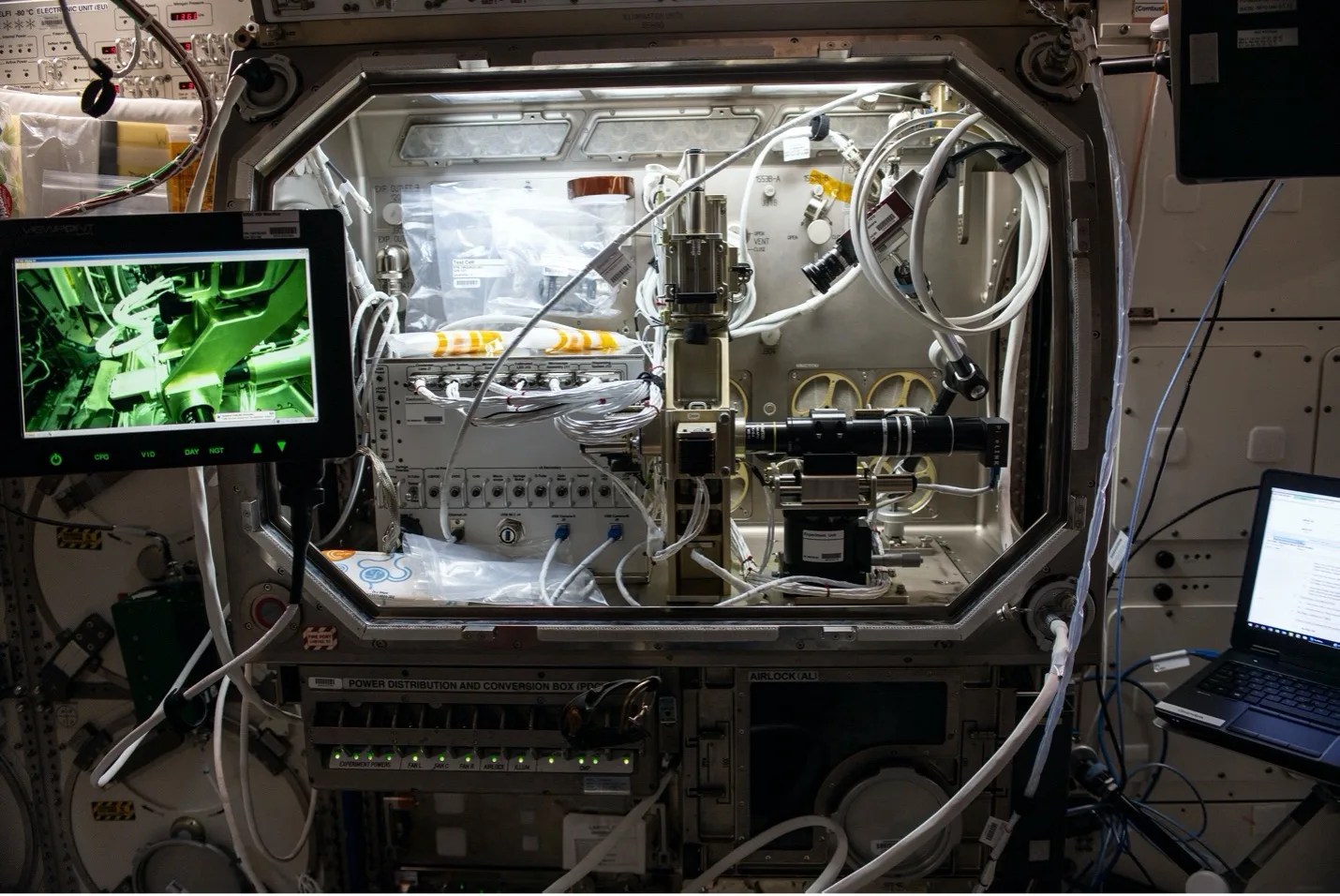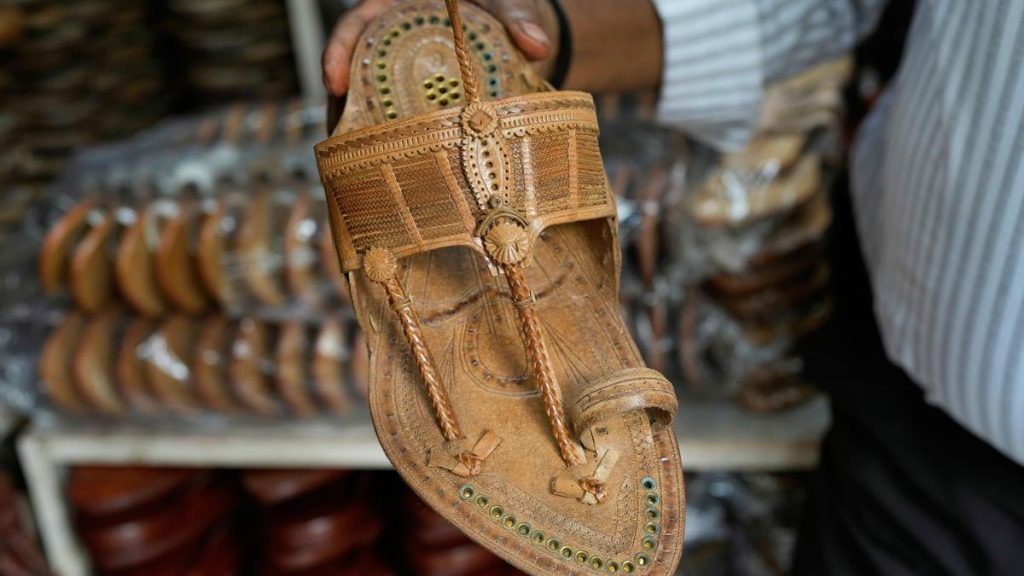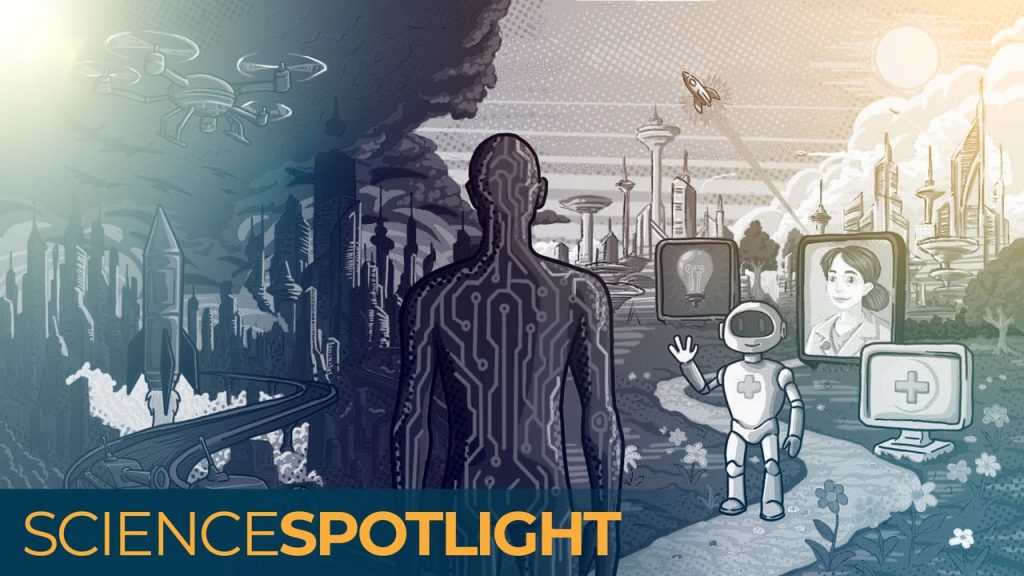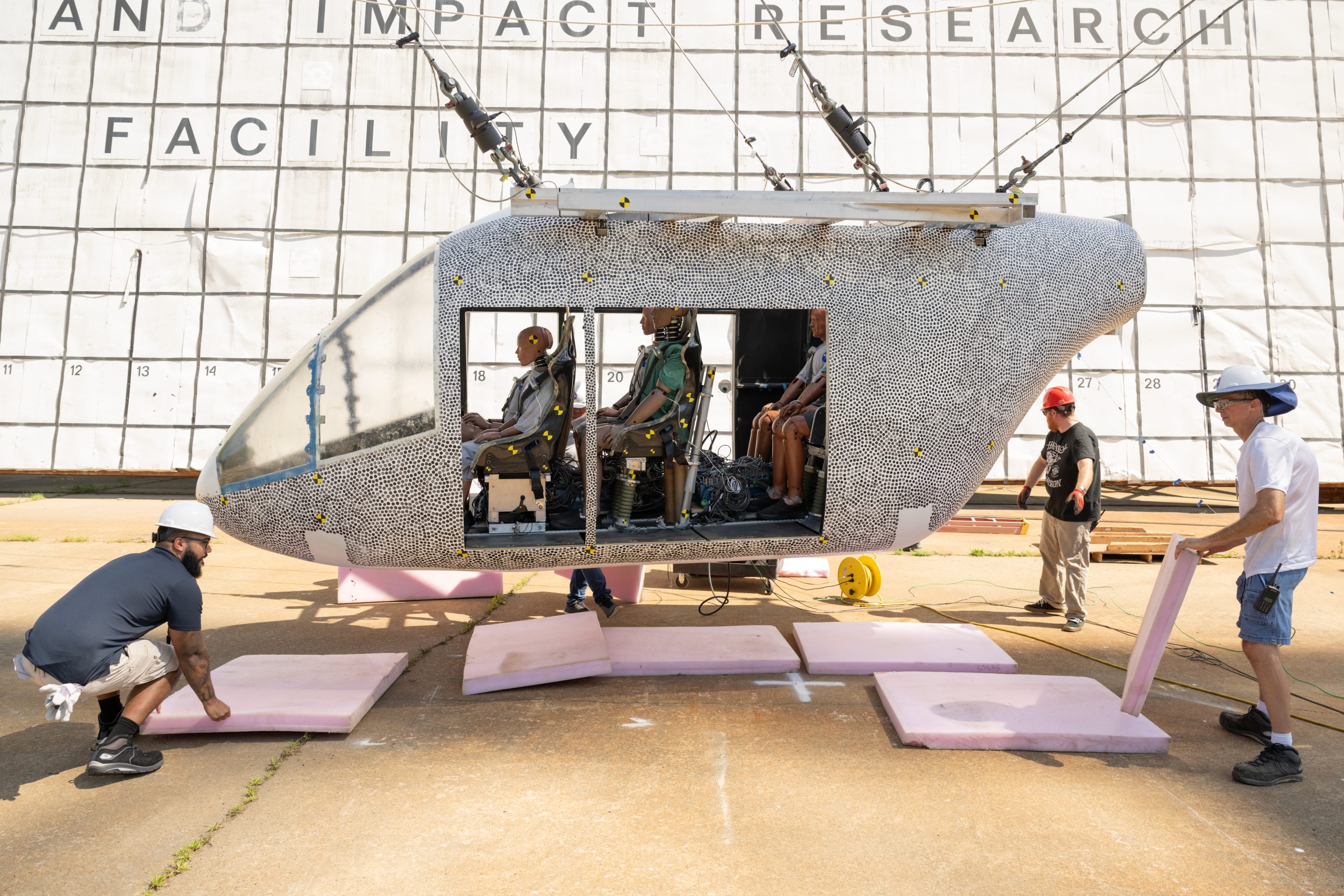Now Reading: Adam and Hirsa Unveil Insights on Ring-Sheared Drop Research
-
01
Adam and Hirsa Unveil Insights on Ring-Sheared Drop Research
Adam and Hirsa Unveil Insights on Ring-Sheared Drop Research

Swift Summary
- event: researchers presented findings from the Ring-sheared Drop (RSD) microgravity experiment at the May Physical Sciences Informatics (PSI) User Group meeting.
- Objective of RSD: Study non-Newtonian fluid dynamics of high-concentration blood transport proteins-bovine serum albumin (BSA) and human serum albumin (HSA)-in microgravity,utilizing velocimetry in hollow glass microsphere tracers.
- Applications: Expected applications include pharmaceutical production,tissue engineering,understanding physiological flows related too diseases like Alzheimer’s and Parkinson’s,and industrial benefits for spaceflight and Earth operations.
- Collaborations: Discussions at PSI fueled interdisciplinary connections with groups focusing on Alzheimer’s Disease & Brain resilience (ADBR) research and Parkinson’s AWG subgroup activities.Outcomes have included scientific papers exploring protein behavior under microgravity conditions linked to neurodegenerative diseases.
– key publications:
– “Amyloidogenesis via interfacial shear in a containerless biochemical reactor aboard the ISS” by McMackin et al.
– “Space exploration and risk of Parkinson’s disease: a perspective review” by Nilufar Ali et al.
Indian Opinion Analysis
The insights presented through the Ring-Sheared Drop experiment underscore the growing relevance of space-based research for solving intricate biological mysteries that have wide implications on health sciences. For India, which is expanding its own space exploration capabilities through initiatives like ISRO’s Gaganyaan mission or Chandrayaan series, such collaborative opportunities demonstrate potential avenues for Indian scientists to contribute to global health innovations.
Moreover, as India aims to establish itself as a hub for pharmaceutical production-the world’s largest generic medicine supplier-research connections involving interfacial hydrodynamics could spur advancements in drug manufacture processes designed both for extraterrestrial environments and terrestrial application.Proactively integrating these kinds of scientific discoveries into India’s broader innovation framework could enhance its standing in biotechnology while reinforcing global partnerships.
Read More: NASA Science


























